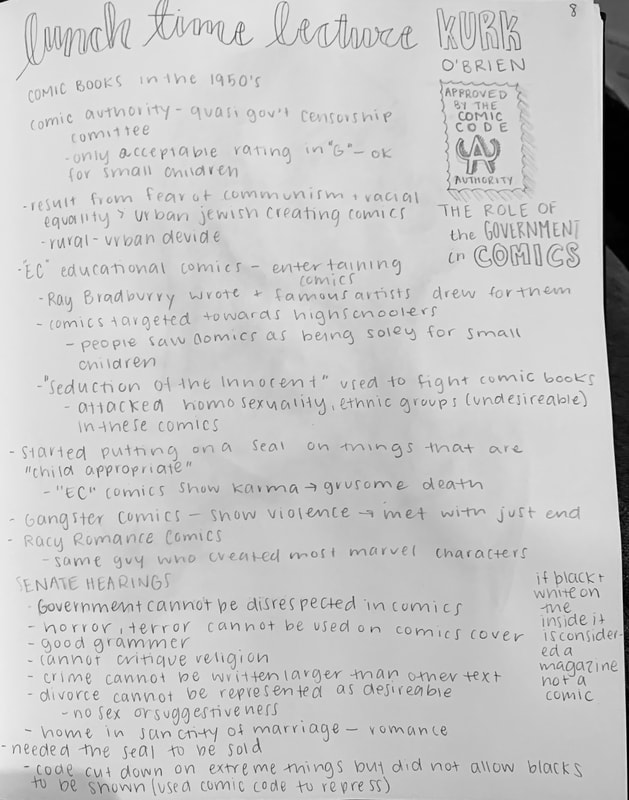0 Comments
For this connect post I read “Monuments for a New Era” and “States Are Using Preservation Laws to Block the Removal of Confederate Monuments.” One major theme that both articles point out is the issue with Confederate Monuments, which they then take to a local level for public opinion. From the people interviewed and the situations brought up in the article it appears that the only people who want the monuments to stay exactly the way they are are those from the “Unite the Right” rally and conservative politicians.
In “Monuments for a New Era” even people who thought the monuments should stay up, wanted some more context added to them. I think the primary issues with these statues is that they are labelled monuments and put up on a pedestal. One of the people interviewed in this article, Kenya Robinson, made the argument that “like textbooks that rename Transatlantic human trafficking the ‘Triangular Trade,” renaming monuments would take away from the struggle for equality. However, I think it does the opposite. By calling the statues monuments it is saying that the city, state, or country holds that person and what they fought for up in high regard. Using a word like memorial to describe it, which has the connotation of death and struggle, would emphasise rather than detract from the fight for racial equality. A major issue in this whole debate, is that even when communities come to a consensus about what to do with the monuments, in many cases replace them, they are blocked by the legislature. According to “States Are Using Preservation Laws to Block the Removal of Confederate Monuments,” in Alabama, an extremely conservative state, the community decided they wanted to replace a statue that was hit by a car. However, the state legislature, right after this decision was made, passed a law that prevented statues older than forty years from being replaced. In my opinion this lack of consideration for constituents by the politicians representing them is disheartening. I can understand a divided town leaving them up, but when the town has made the decision it goes against the public will to pass laws solely for the reason to block the decision. In all honesty if a state or district wants to preserve the public art when the public is against it they should give it to a museum that can use it as a learning tool as opposed to ignoring the people. |
Mia
|







 RSS Feed
RSS Feed
